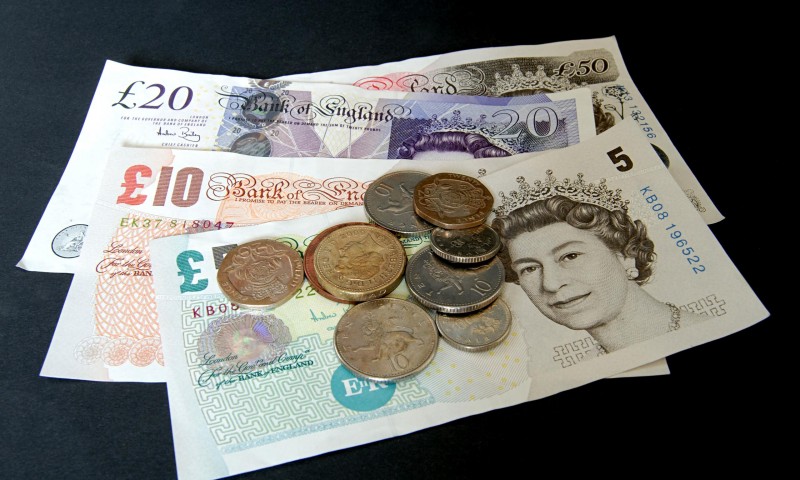Forex
Naira Plunges Against British Pound to N600 on Black Market

Naira Falls by N20 Against British Pound to N600
Economic uncertainties amid low oil prices weighed on the Nigerian Naira against its global counterparts.
The Naira plunged against the British Pound by N20 from N580 it exchanged two weeks ago on the black market to N600 on Thursday and remained at the same rate on Friday morning.
The local currency has remained under pressure since Coronavirus disrupted global economics and demand for global oil earlier in the year. Nigeria, an oil-dependent economy, was one of the nations affected by the low oil prices and disruption of global supply chain and logistics.
This coupled with a series of local challenges like the rising cost of servicing debt to revenue, weak manufacturing sector that depends on importation for most of its raw materials, unclear economic direction that deterred foreign investors and eventually weighed on the nation’s foreign direct investment and capital importation hurt the nation’s economic outlook and investment sentiment.
Against the Euro common currency, the Naira declined by N35 to N545 on Thursday, down from N510 it traded about three weeks ago.
This decline continues against the United States dollar as the local currency traded at N474 to a US dollar, down from N465 it was exchanged three weeks ago.
The inability of the Central Bank of Nigeria to support the local currency through sufficient dollar liquidity continues to impact the manufacturing sector and other key sectors that depend on importation for operations.
Also, the scarcity dictates the Naira exchange rate to its counterparts, especially after a recent report showed foreign investors are looking to access the US dollar to repatriate their funds.
Other factors, like the recent Shoprite announcement that it was pulling out of Nigeria, Africa’s largest economy, due to falling revenue and challenging business environment compounded the nation’s woes.